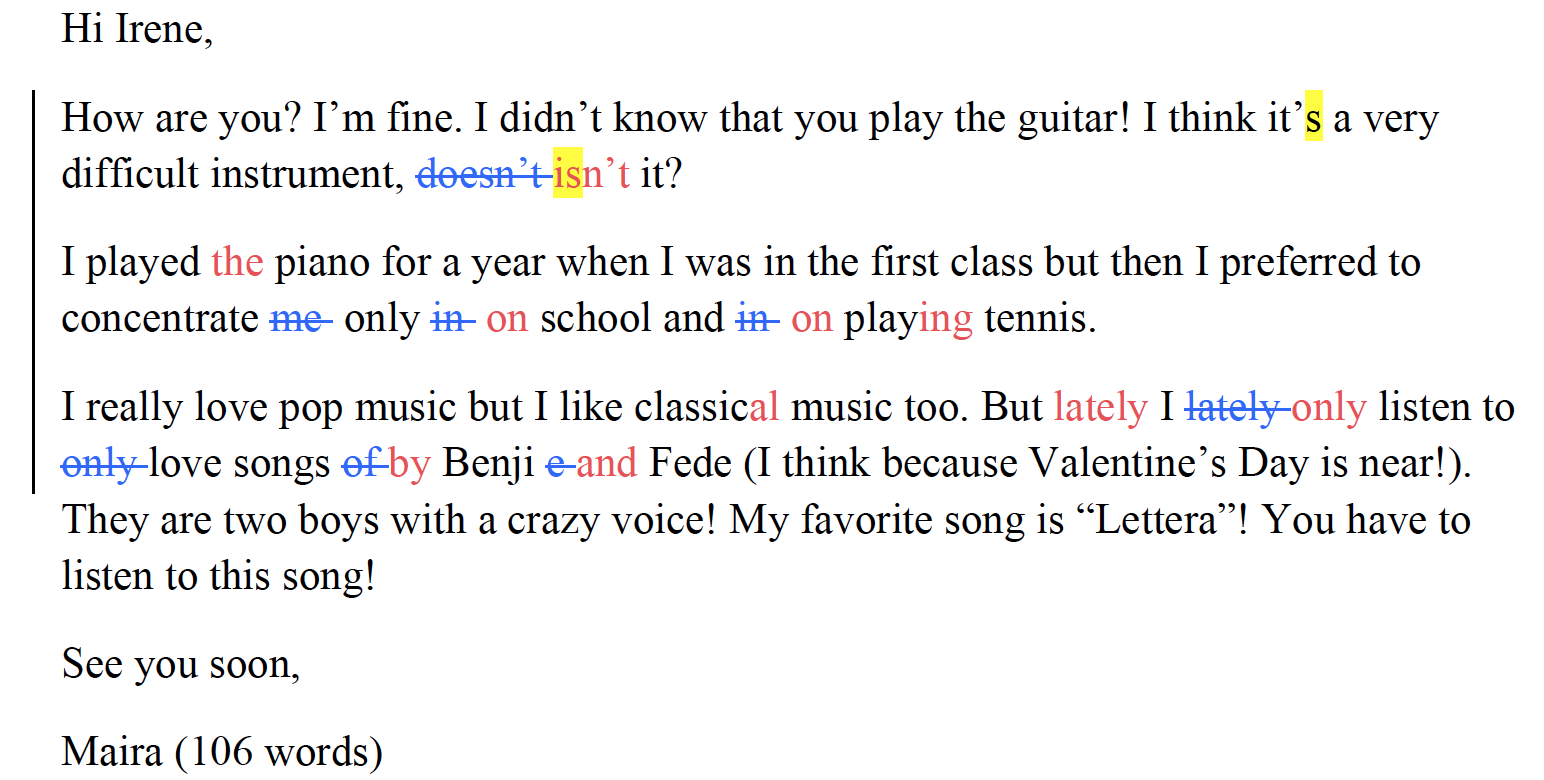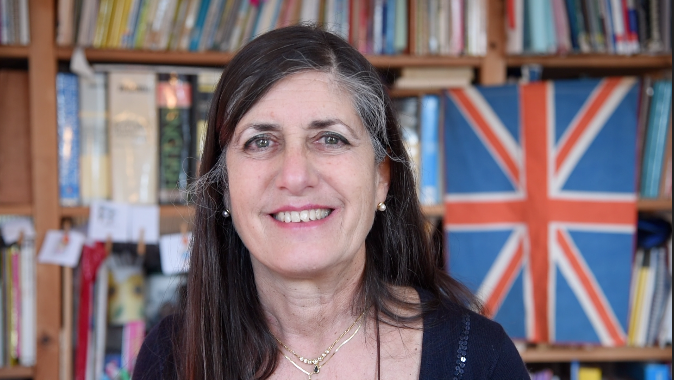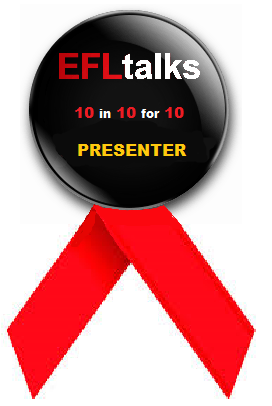|
Homework correction is always a boring activity: - a chore for teachers at home which is of little benefit to students who will quickly look at the red annotations before putting it in their bag, mistakes forgotten in a few minutes; - a bore for students if done in class: one student reads the answers while the others daydream and rarely pay attention. So how to maximise the benefits of learning from one's mistakes? For years I have been implementing correcting together on a 1-1 basis, having the student read aloud and making him note that there's a mistake but not telling him what it is, so he has to reflect and possibly discover the mistake for himself. This has a dual effect: practicing speaking by reading aloud and actively noticing mistakes so that they remain embedded in the student's memory rather that just a fleeting correction ready to be forgotten. Implementing this in the larger context of a class is also possible. In pairs the students swap their homework exercises and take turns in reading them to each other out loud. If they notice a mistake, they say so, show it to their partner and make the correction. In this manner they are again practising their speaking, paying attention to mistakes (usually easier to find in other people's work) and learning from this observation and correction. Finally, everyone is concentrated and engaged, nobody is daydreaming and everyone is focussed, thus maximising the benefits of lesson time. The teacher goes around monitoring the pronunciation and corrections. Even though the teacher cannot be omnipresent, you will certainly have noticed that when a student makes a mistake out loud on the other side of the classroom, somehow you hear it because it irritates you. My students are always amazed that I catch out their mistakes when apparently I'm listening to others across the classroom. Try it out - it's good for speaking, grammar and an engaged class! Beneficial to all including the teacher, who has more lesson preparation time and less correction time available. Let me know in the comments how you get along with this. Follow these tips and enjoy helping people learn English easily!!
Your English fluency teacher, Susan
0 Comments
|
Categories
All
Would you like regular English learning & teaching ideas? Subscribe to my blog so you don't miss a post!
AuthorMy name is Susan Brodar, born in London into a multilingual family and brought up bilingual English / Italian. Archives
December 2018
|





 RSS Feed
RSS Feed





